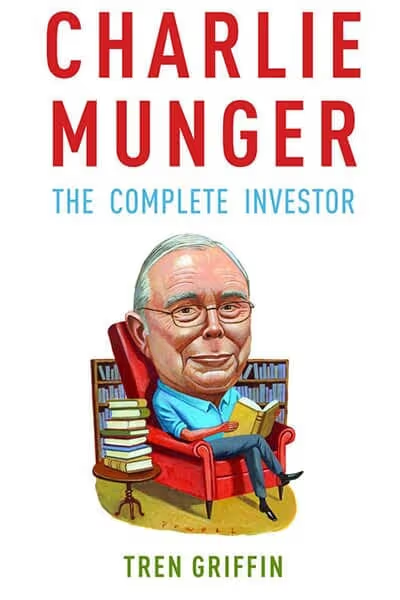Public Choice Theory and the Illusion of Grand Strategy
This book makes the case that while the US president generally bases his foreign policy choices on political factors, concentrated interests actually influence the incentive structures that senior officials like him and other presidents must work under.
Government contractors, the national security apparatus, and foreign governments are the three entities the author names as being most likely to exert influence. This book demonstrates that, in understanding the most crucial facets of US foreign policy, such as the global war on terror, US policy toward China, and the deployment of US military abroad, the public choice viewpoint is superior to a theory of grand strategy.
The author argues that American leaders are chosen based on public opinion, not necessarily on their capacity to create and carry out long-term plans, and demonstrates how public attitudes are easily swayed in the area of foreign affairs due to lack of knowledge about the subject, the secrecy surrounding national security issues, the inherent complexity of the issues at hand, and most importantly, instances of concentrated interests.






















































